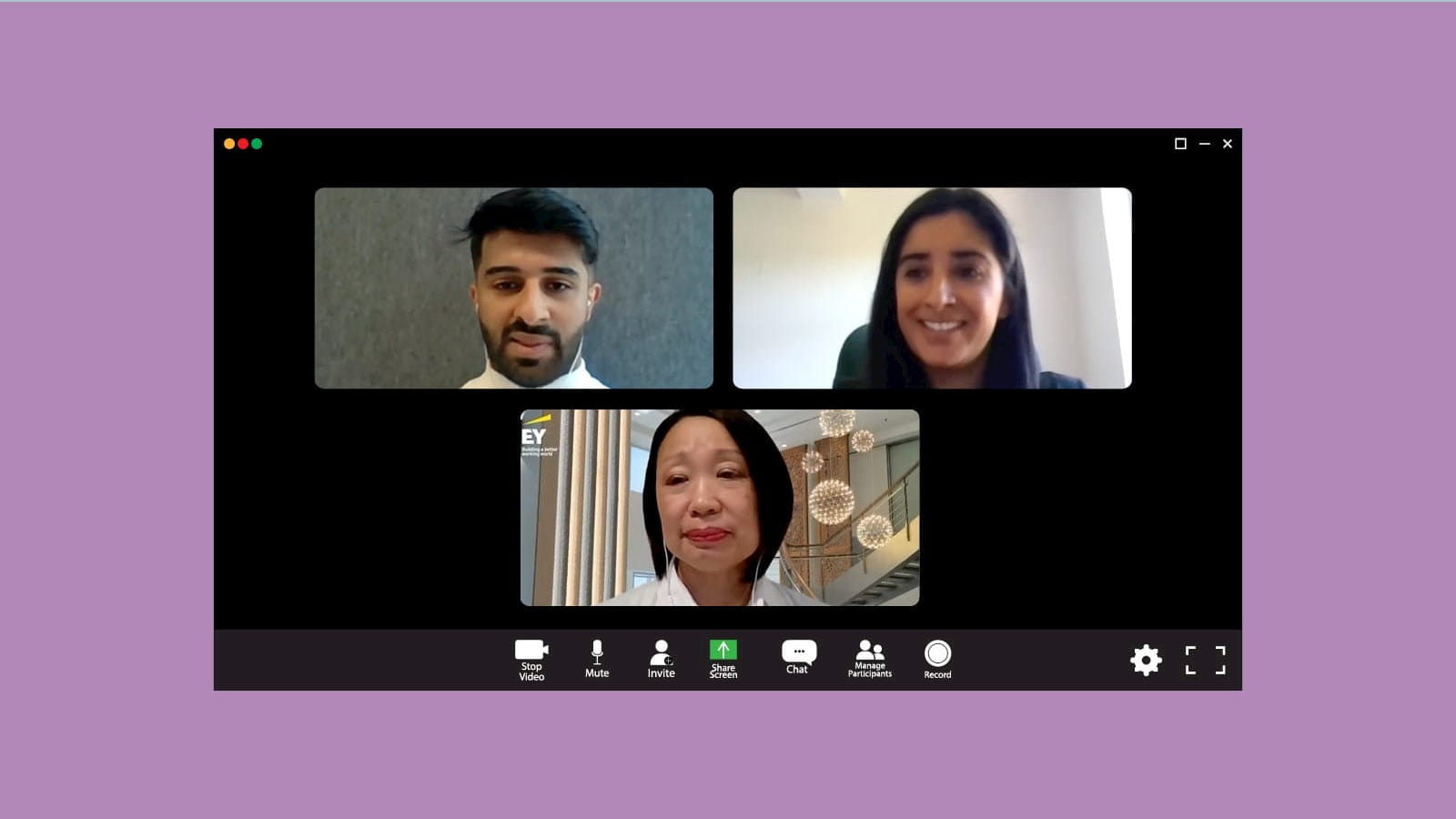What does it mean to bring your authentic self to work? Three members, Taha Ayyaz, Anna Spencer-Gray and Soo Fern Lee, share their experiences and advice on finding your place.
Can you tell us a bit about your background and experience?
Taha: I’m a senior associate at PwC, based in Birmingham. My dream was always to work at one of the Big Four, and I applied for a sponsored degree programme with PwC. When I started my course at 18, I was overwhelmed by the imposter syndrome feeling: everyone else was from a private school background, and I felt like I didn’t belong. And I think when you feel like you don’t belong somewhere, all your attention is focused on pretending you do. That feeling was elevated when I began my work placement in my second year; I immediately felt out of place, firstly because there was no one else who really looked like me, and secondly because of my age. But the networks and societies at PwC really helped me improve my confidence and settle into where I am today.
Anna: I’m an audit partner at RSM, also based in Birmingham. I’ve been with the firm for 19 years, and I’m still in my first job! So I’m really proud of that. My ethnicity is Indian, and I have always been very conscious of my ethnicity in my time working in professional practice. I think that’s because there aren’t many people who look like me, particularly at partner level, and coming through the firm there weren’t many visible role models. That’s partly the reason I’ve stayed with RSM as long as I have: I’ve been conscious of wanting to make a difference and get involved as much as possible. I sit on our diversity and inclusion steering group, and also lead on our women’s network, Empower. Importantly for me as well, I didn’t know any female partners who had had a family on their way to becoming partner, and I think I knew from early on that I wanted my journey to be different. To an extent, I’ve carved out my own journey, and as a result I’m now very aware that I have become a role model myself.
Soo Fern: I’m a talent partner at EY, based in Kuala Lumpur, Malaysia. I went to school and university in Sydney, and trained as a chartered accountant with CPA Australia and the Malaysian Institute of Accountants. I spent the first 10 years of my career in audit, then decided to have a change of career, mainly because of the need to balance my role as a young mother at the time. At EY Malaysia, we have more than 100 partners, about 30 per cent of whom are women – but as part of the executive committee, I am often the only female partner in the room. My other roles are as Asean diversity and inclusiveness leader, and as the Malaysian lead for EY Ripples, our global CSR programme. There are a lot of intersections from talent and D&I to looking at the long-term social value of the roles.
What does it mean to you to be your authentic self at work?
How can we find like-minded colleagues in the workplace?
What can we all do to make sure everyone feels included?
Anna: It’s easy to say and harder to do, but be conscious of your own bias. And really communicate and get to know people on a one-to-one basis, because that’s how you will find out what makes them tick. I talked before about being conscious of the fact that I was a role model, but actually we all are in our own individual ways. And I think the more we talk about that, the more people will see it. It’s really important for people to see examples of what’s possible.
Taha: I would agree with that. I think the best thing you can do is learn about someone else’s culture. You can’t truly make someone feel comfortable if you don’t understand some of the issues or challenges they face. And to get this understanding, it’s important to learn about the tradition, the values and even the contemporary issues they face. From this we can respect other people, but then we can also empathise with them, which takes our relationship to the next level. Once we have an understanding, even the small differences – say we’re going out for a meal and we take into account a kosher diet, a halal diet, a vegetarian diet – can make everyone feel more comfortable around us and more comfortable in the organisation. So just consider the small things as well.
Soo Fern: As Anna said, understanding your own preferences and bias is the crucial starting point. If we don’t know that, we cannot do other things like seeking out perspectives different from our own. If you’re a team leader, you should be able to enable everyone to contribute, to have a go and let their views be heard. I think that’s key, and also flexing our own style to work effectively with others, understanding that we are all different.
Highlights of this panel session can be viewed here.
For more information on ICAEW’s work to improve diversity and representation within the profession, visit the Diversity and Inclusion Hub.
For tailored resources and best practice guidance for individuals on D&I topics, join the ICAEW Diversity & Inclusion Community.
